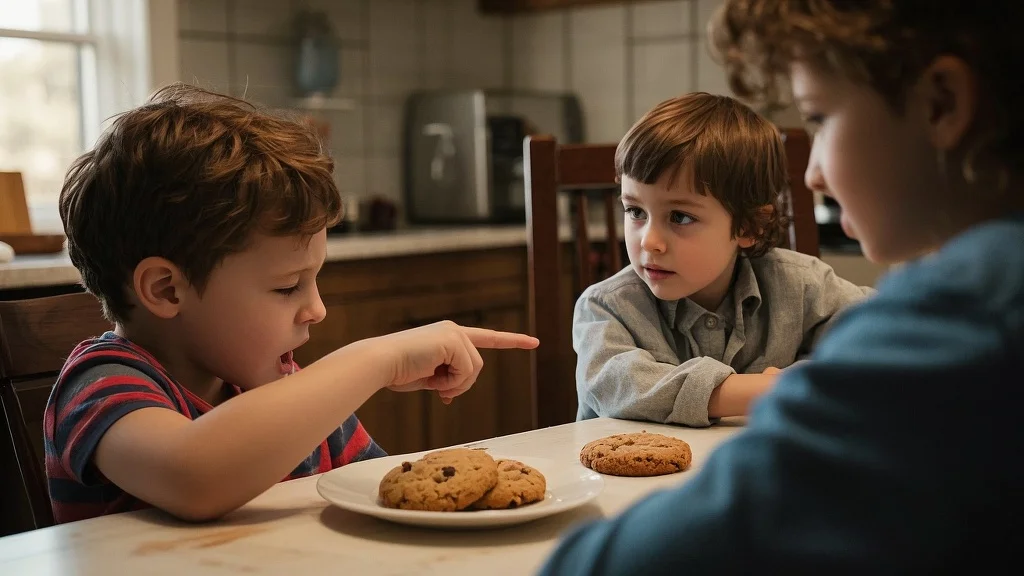From tiger moms to jellyfish dads, every week seems to bring a new parenting label trending on social media. The latest? “Benign neglect,” a term gaining popularity thanks to actress Jennifer Garner, who described her approach to raising her three kids as a balance between being present and allowing independence.
In an interview on Today, Garner shared, “I don’t have a specific philosophy. I just find my children fascinating and want to listen to them—but I also think it’s okay for them to experience a little benign neglect.”
While these terms may feel overwhelming, most parents are just doing their best—juggling school drop-offs, bedtime tantrums, and everything in between—without consciously subscribing to any specific trend.
The Original Four: Classic Parenting Styles
Psychologist Diana Baumrind first identified three parenting styles in the 1960s, later expanded by Stanford researchers to include a fourth:
- Permissive: Warm and loving, but with few rules. Structure is often lacking.
- Authoritative: A balanced style—clear rules, emotional support, and guidance.
- Authoritarian: Strict and rule-focused with little room for discussion.
- Uninvolved: Basic needs met, but emotional connection and support are minimal.
Modern Labels Explained
As parenting continues to evolve, newer terms have emerged to describe current trends and challenges:
- Helicopter Parenting: Constant monitoring and intervention to ensure safety and success. Often born from anxiety.
- Lawnmower Parenting: Clearing all obstacles from a child’s path before they encounter them—removing chances to build resilience.
- Tiger Parenting: High expectations, strict discipline, and a strong focus on academic success. Motivating to some, pressuring to others.
- Egg Shell Parenting: Children feel they must walk on eggshells around emotionally reactive parents. Creates insecurity and instability.
- Free Range Parenting: Encourages independence and real-world learning through unstructured freedom.
- Benign Neglect: Similar to free-range parenting, but with intentional boundaries and hands-off moments to foster independence.
So, What’s the Right Style?
According to experts, there’s no one-size-fits-all answer. Authoritative parenting is often cited as the most effective, combining warmth, rules, and support. Research suggests this style leads to higher self-esteem and better life outcomes.
Counselor Georgina Sturmer emphasizes flexibility: “Parents often switch between styles based on time, stress, or context—and that’s okay. What matters is consistency, communication, and a focus on your child’s needs.”
Ultimately, the best parenting style is one that aligns with your values and fits your child’s unique personality.








